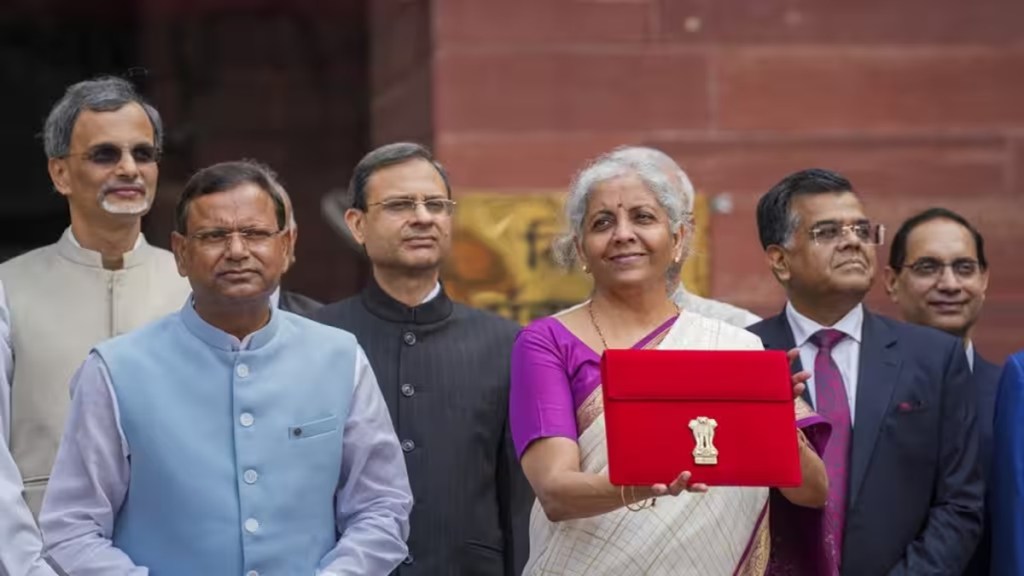Budget 2025 for startups: As India’s startup ecosystem continues to flourish, industry leaders and investors are setting high expectations for today’s budget. The sector, recognized as a key driver of innovation, job creation, and economic growth, seeks targeted policy interventions to sustain its momentum. Entrepreneurs and investors alike are advocating for financial incentives, tax reforms, enhanced access to capital, and strategic collaborations to bolster India’s position as a global startup hub.
While previous budgets have introduced favourable measures such as the abolition of the angel tax, the community now looks forward to further initiatives that will enable startups to scale efficiently, particularly in emerging markets and cutting-edge technologies like artificial intelligence (AI).
Empowering Entrepreneurs and Reducing Barriers
Sujit Jagirdar, Interim CEO of Hyderabad-based prominent startup incubator T-Hub emphasized the need for increased government support through incubation programs, research grants, and tax incentives to ease financial constraints for early-stage ventures.
Simplifying regulatory compliance and fostering government-backed credit programs, he said, would enable startups to focus on scaling and innovation. Additionally, he suggested leveraging government and corporate partnerships, particularly in areas like social innovation and sustainability, to drive startup-led economic transformation.
Investor Confidence and Tax Reforms
Highlighting the importance of a simplified tax regime, particularly for startups in Tier 2 and Tier 3 cities, Apoorva Ranjan Sharma, Co-Founder & MD of Venture Catalysts stressed that reducing compliance burdens and extending tax holidays could provide a significant boost to emerging enterprises.
Additionally, he advocated for increased investment in AI research and development, positioning India as a global leader in the sector. Expanding credit access for MSMEs and startups through initiatives like the Credit Guarantee Scheme, he noted, would further strengthen India’s entrepreneurial ecosystem.
ESOP Taxation and Institutional Funding
Archana Jahagirdar, Founder & Managing Partner of Rukam Capital, called for reforms in employee stock ownership plans (ESOPs), proposing that taxation should occur at the time of sale rather than exercise to make the system fairer.
She also pushed for the creation of a sovereign fund to channel institutional capital into startups, citing the success of similar initiatives worldwide. Institutionalizing risk capital, she argued, would be crucial for long-term startup growth.
Government-Backed Co-Investment Models
Calling for expanding existing schemes such as the Startup India Seed Fund Scheme (SISFS) and the Fund of Funds for Startups (FFS), Ashwani Singh, Managing Director of 35 North Ventures suggested introducing co-investment models where private venture capitalists collaborate with government-backed initiatives to unlock new funding sources.
Drawing inspiration from Israel’s “Yozma” program, he emphasized how such partnerships could fuel India’s startup boom. Additionally, he pointed to tax inefficiencies in ESOPs and capital gains, urging the government to align policies with global standards to attract greater private capital inflows.
Prioritizing AI and Digital Infrastructure
Industry body for Mumbai’s startup ecosystem Tech Entrepreneurs Association of Mumbai (TEAM) underscored the need for continued investment in AI, citing the Rs 10,300 crore India AI Mission announced in March 2024.
It proposed a four-pronged approach: increasing R&D investment, financial support for startups, workforce training, and expanding digital infrastructure, particularly in Tier 2 and Tier 3 cities. Strategic investments in AI, TEAM noted, would be instrumental in making Maharashtra a leader in industrial growth, job creation, and digital transformation.

